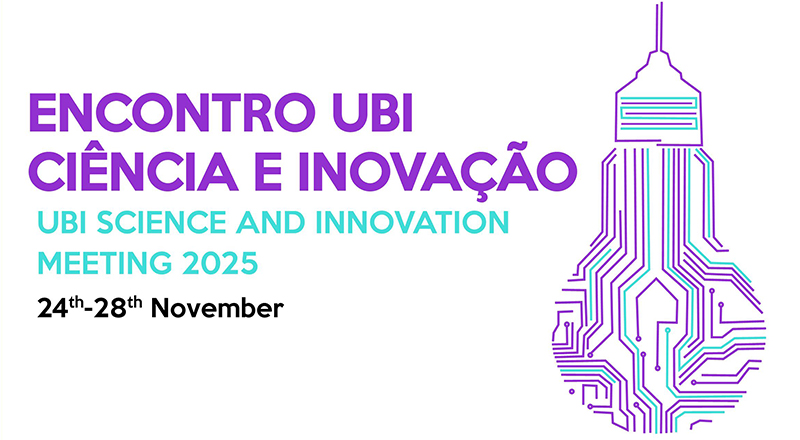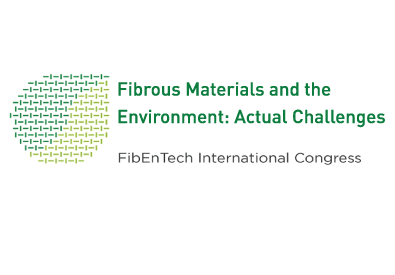FibEnTech currently has significant national collaborations and partnerships that have guided its national path. These include collaborations with the Universities of Minho, Porto, Coimbra, Aveiro, Lisbon and the Algarve, and with the Polytechnic Institutes of Bragança, Castelo Branco, Guarda, Viseu, Tomar and Beja. There is a clear intention to extend and strengthen these national collaborations and partnerships with other national higher education institutions. There are also collaborations and partnerships with other institutions outside the National Scientific and Technological System, namely with the Forest and Paper Research Institute (RAIZ) in Aveiro, with the Portuguese Plant Germplasm Bank (INIAV) in Braga, and with the Portuguese Environment Agency (APA) in Lisbon.
However, FibEnTech’s international path is supported by collaborations and partnerships with the Universidad de Santiago de Compostela, the Universidad Autonoma de Madrid and the Universidad Complutense de Madrid (Spain), with the Grenoble INP-Pagora Engineering School and the Universidad de Lorraine (France), with the Wroclaw University of Environmental and Life Sciences (Poland), the Aalto University (Finland), the Université Constantine (Algeria), the Université de Gabès(Tunisia), the University of São Paulo, the Federal Universities of Goiás, Espírito Santo and Santa Catarina, and the Federal Institute of Education, Science and Technology of Espírito Santo (Brazil).
Also noteworthy is Universitas Montium (UNITA), which is a partnership between UBI, the Universidad de Zaragoza (Spain), the Université de Pau et Des Pays de L’Adour and the Université Savoie Mont Blanc (France), the Università Degli Studi di Torino (Italy) and the Universitatea de Veste din Timisoara (Romania). The consortium started in November 2020, following approval by the European Commission. The members of the 6 institutions that make up this “European University” have presented and discussed ideas for the common future in the thematic areas of cultural heritage, renewable energies and the circular economy. The public presentation of this project has already taken place and involves the 6 academies mentioned, to deepen cooperation between the institutions, their students and staff, sharing physical resources, courses, expertise, data and infrastructures.













